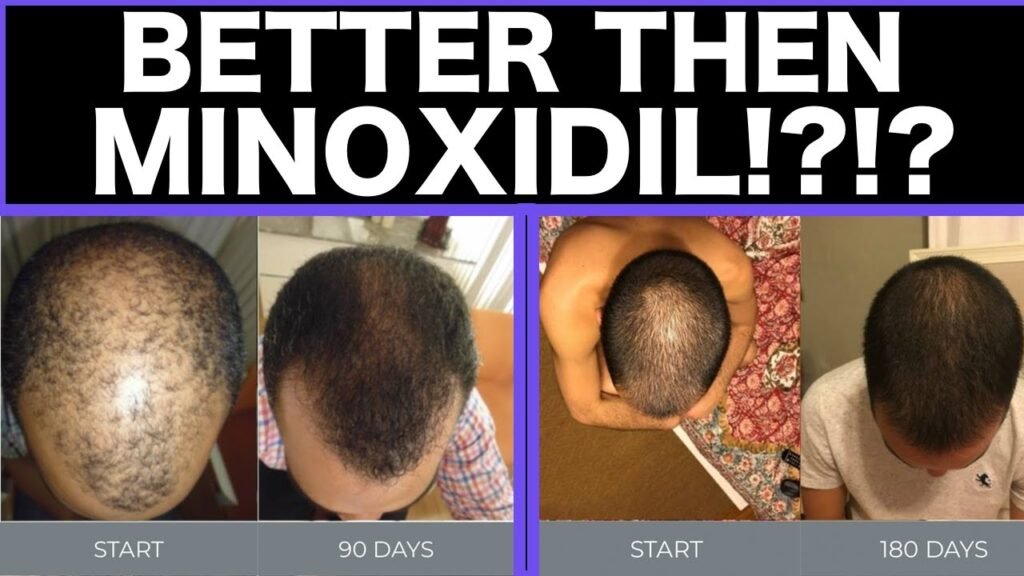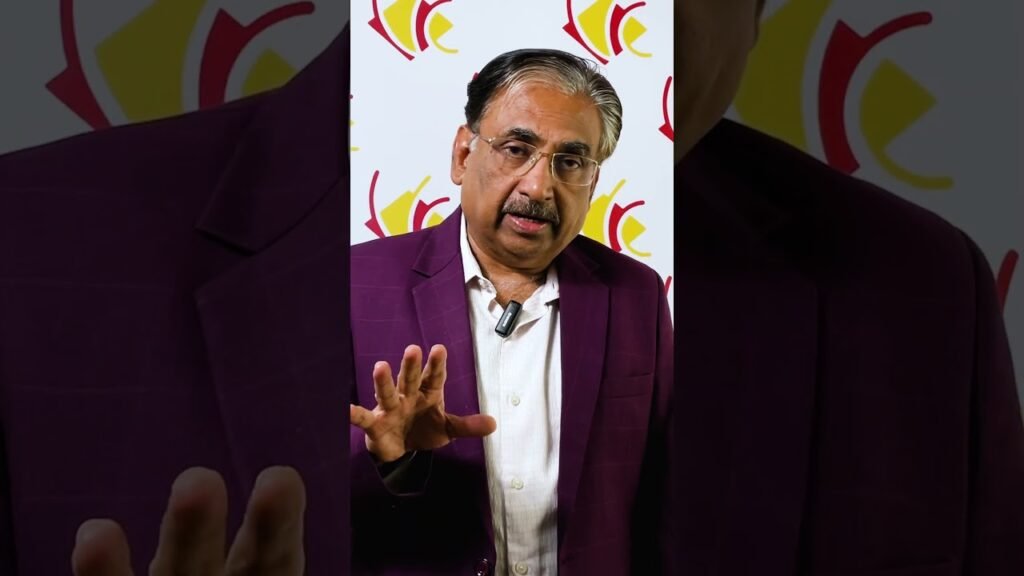Which is better: Natural alternatives to minoxidil
When it comes to addressing hair loss, many individuals seek alternatives to minoxidil, a popular over-the-counter treatment. Natural alternatives are often preferred by those looking to avoid potential side effects or who wish to embrace a more holistic approach. But how do these natural solutions compare to minoxidil in terms of effectiveness?
Essential Oils and Herbal Extracts
One of the most popular categories of natural alternatives includes essential oils and herbal extracts. Rosemary oil and peppermint oil are frequently cited for their potential to stimulate hair growth. Rosemary oil is believed to increase circulation to the scalp, thereby promoting healthier hair follicles, while peppermint oil may help in extending the anagen (growth) phase of hair. Another noteworthy extract is saw palmetto, which is thought to work by inhibiting the production of DHT, a hormone linked to hair loss. While these natural options show promise, their effectiveness can vary widely from person to person and typically require consistent application over a longer period to see noticeable results.
Dietary Supplements and Lifestyle Changes
Dietary supplements such as biotin, zinc, and iron can play a crucial role in hair health. A deficiency in these nutrients may contribute to hair thinning and loss, so incorporating them into your diet or through supplements might improve hair strength and growth. Additionally, lifestyle changes like reducing stress through meditation or yoga can positively impact hair health, as stress is a known factor in hair loss. While these natural alternatives can contribute to healthier hair, they might not offer the same rapid results as minoxidil, which directly targets hair follicles to stimulate growth.


